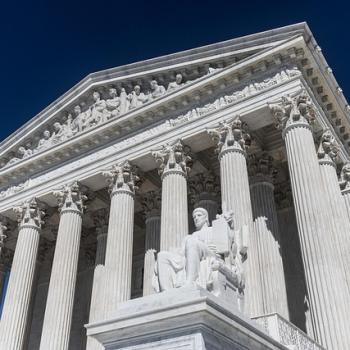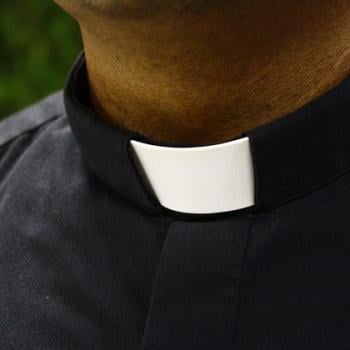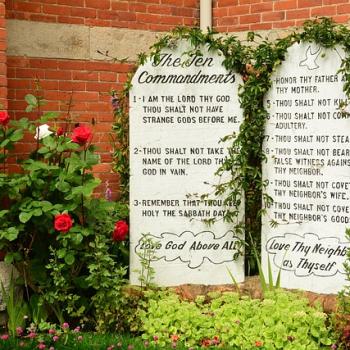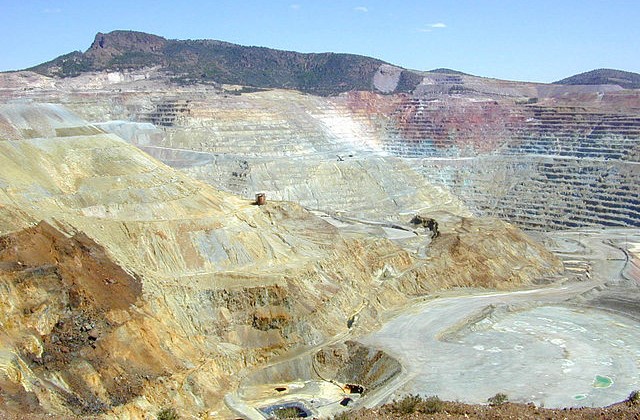
The Sacred Land
A site in Arizona’s Tonto National Forest known as Oak Flat serves as ground zero for the controversy. Forty miles east of Phoenix, the location is in the high desert with an elevation around 3,900 feet. The federally-protected area can be found on the National Register of Historic Places, and petroglyphs as well as historic and prehistoric sites are contained in it.
Oak Flat is sacred to many Arizona Native Americans tribes, including those from the San Carlos Apache Indian Reservation. For generations Native Americans have used this area for worship, prayer, and religious ceremonies. The Apache deem, Oak Flat a blessed place where messengers between their people and the creator live. As such, these Native Americans have cared for the site since before recorded history.
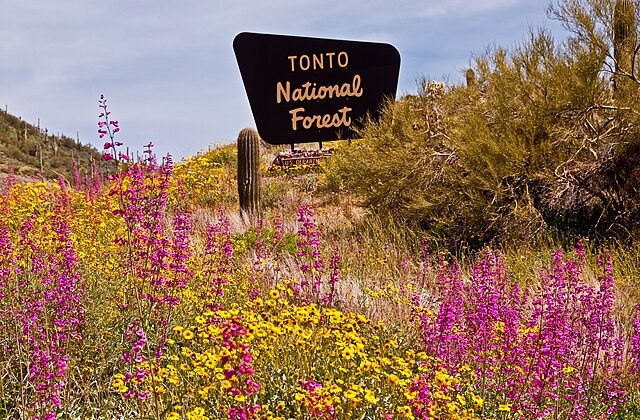
The Threat To Apache Religious Freedom
The federal government protected Oak Flat for over six decades. But in 2014, Congress approved a must-pass defense bill. Attached to the bill was a rider, an amendment not germane to the topic of the bill, directing the government to transfer the land to a foreign mining company. That company, Resolution Copper, proposes underground mining for a large copper deposit 7,000 feet below the surface. To accomplish that goal, the company would create a crater almost two miles wide and 1,100 feet deep. The government admits constructing the mine would destroy the sacred land and make the religious practices of the Apache impossible.
The consequences to the Apache would be devastating. Specifically, many of their most important religious practices must take place in at Oak Flat, including sweat lodge ceremonies, the coming-of-age Sunrise Ceremony for Apache women, the use of sacred waters, and the gathering of sacred medicine plants. The location is seen as a direct path to the Apache religion. So, removing access to it is not simply an inconvenience to these Native Americans but burdensome.
Apache Response
The Apache did not take the approved transfer of their sacred land to a mining company lying down. Perhaps emboldened by the legacy of a former leader, the famed Geronimo known for his resistance to having any land taken from his people, the Apache decided to fight it. But instead of bows and arrows or guns, they turned to the court system.
A coalition known as Apache Stronghold, made up of Apache, other Native Americans, and non-native American supporters, brought suit against the government in federal court in the case of Apache Stronghold v. United States of America. The legal filing presented a two-fold argument. First, destroying sacred Oak Flat would violate the Religious Freedom Restoration Act. Second, that destruction would also breach an 1852 treaty in which the US agreed to protect the land and “happiness” of the Apache.
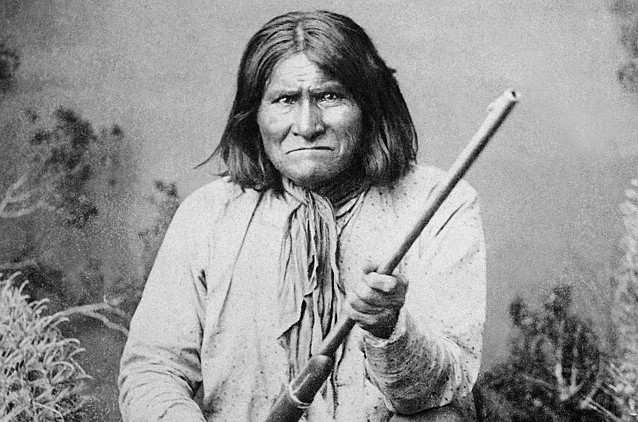
Court Journey To Preserve Apache Religious Freedom
Initially, the coalition sought injunctive relief from the District Court for the District of Arizona to stop the land transfer. That court denied the request to preclude the land transfer in February 2021. Undaunted, Apache Stronghold took an emergency appeal to the U.S. Court of Appeals for the Ninth Circuit. The result, however, remained the same. In a 6-5 decision in March 2024, the appellate court refused to halt the transfer.
The United States Supreme Court is the court of last resort for this controversy. For the justices to hear the case, though, a writ of certiorari must be issued. The granting of such a writ allows the Supreme Court to take on a case. This method serves as the means by which the high court selects most of the cases it hears. Apache Stronghold filed a Petition For Writ of Certiorari on September 11th and awaits a ruling which could come as soon as the end of December or early January 2024.
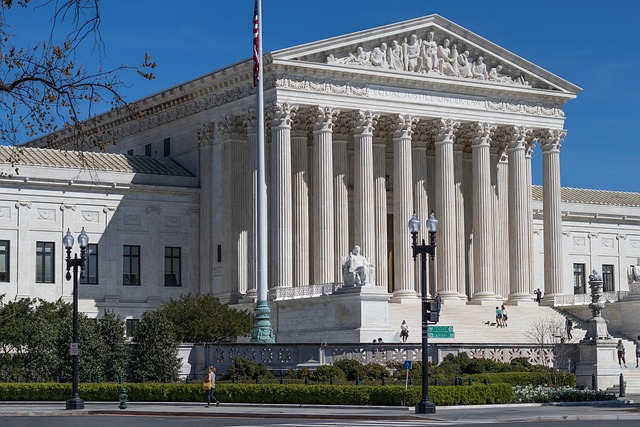
Key To Preserving Apache Religious Freedom?
While having a good legal team and the law on your side helps, the leader of Apache Stronghold cites something else as key to saving Oak Flat. The not so secret weapon is prayer. In that vein, a group from the coalition conducted a “prayer journey” from Northwest Washington state to Washington, D.C. for the case. At each stop on this trek, religious leaders of various faiths came to meet the group and pray with them. Additionally, a rally with prayer was held on the steps of the US Supreme Court building on September 11th when the Petition For Writ of Certiorari was formally filed. And those fervent prayers aim for preserving Apache religious freedom.





